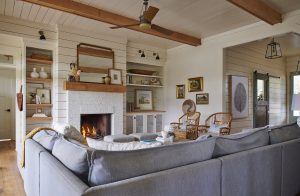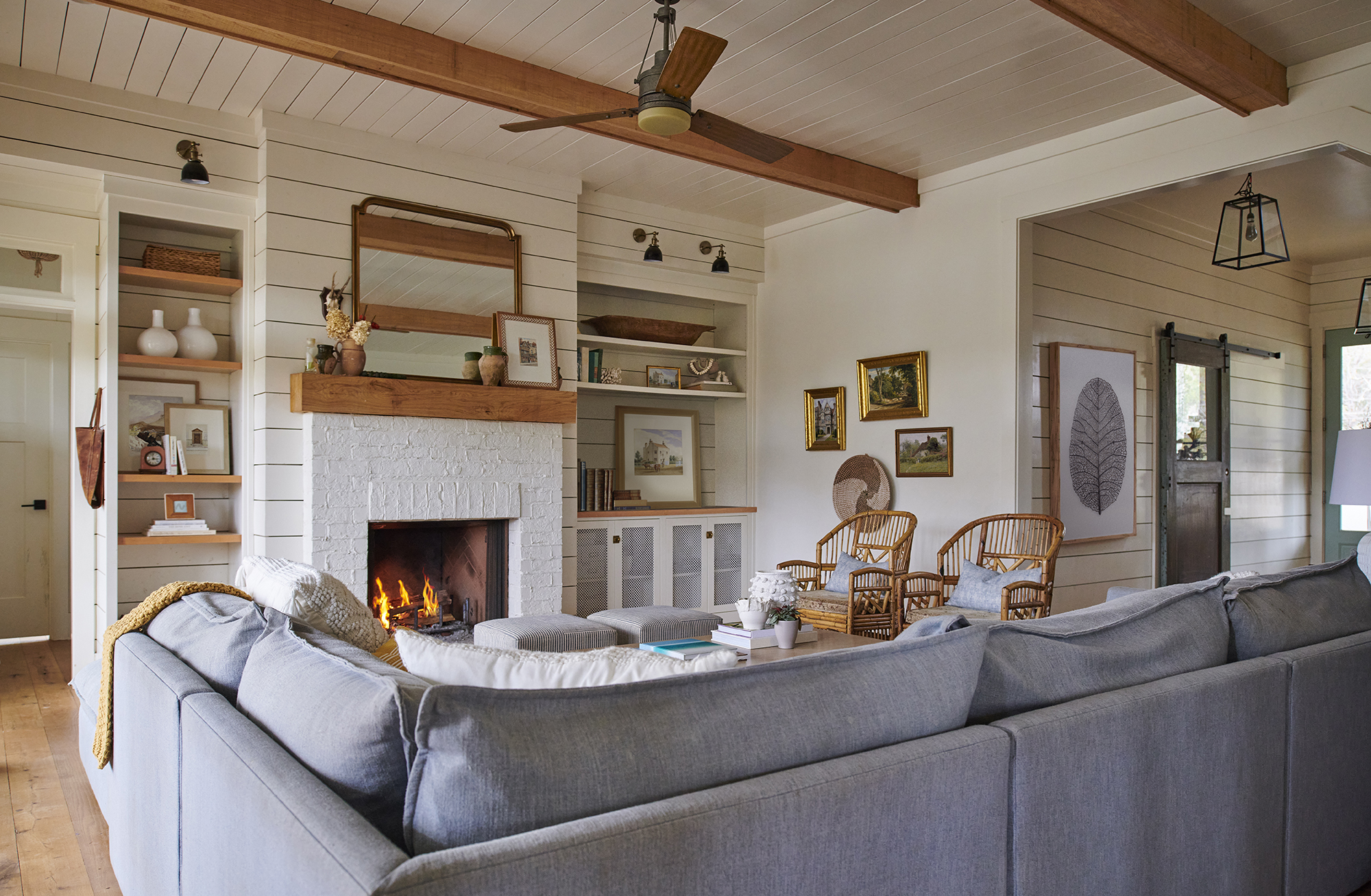
Buying a Mountain Home: Key Questions to Ask
Buying a mountain home in Summit County, Colorado, offers not only easy access to world-class ski resorts but also a lasting legacy for generations. Whether you’re considering a ski-in, ski-out property in Breckenridge or an equestrian estate in Silverthorne, there are critical questions to address before making an offer. Here’s what you need to consider:
1. What is the Market Outlook for Homes in This Area?
Buying a mountain home in a resort community often leads to long-term appreciation due to strong demand and limited supply. Summit County’s 619 square miles are 80% public land, leaving only 20% for private ownership, making properties highly desirable. Therefore, understanding the market trends, absorption rate, and resale potential can help you make a well-informed decision.
2. Have You Considered All Potential Neighborhoods?
Each Summit County community has its own character. Breckenridge, Keystone, Copper Mountain, Dillon, Frisco, and Silverthorne all offer unique experiences. A knowledgeable real estate agent will help you explore areas that align with your lifestyle, from in-town convenience to secluded acreage. Additionally, considering future growth and developments in these areas can impact your investment.
3. Who Designed and Built the Home?
The reputation of the architect and builder is crucial. High-end builders often maintain their reputations through continued service and craftsmanship. Moreover, knowing the builder’s history can be valuable for future renovations or troubleshooting issues.
4. What Community Amenities and Features Matter Most to You?
When buying a mountain home, consider features such as home theaters, wine cellars, chef’s kitchens, radiant floor heating, and smart-home technology. If a home lacks certain features, determine whether they can be added. However, some aspects, such as heating systems, may be costly to retrofit, so it’s important to evaluate these factors beforehand.
5. What Are Your Likely Home Care Costs?
HOA fees vary widely depending on services offered. Some communities provide full maintenance and property management, making them ideal for second homeowners. For independent properties, hiring a caretaker for snow removal, maintenance, and inspections is essential. Moreover, factoring in seasonal upkeep costs will help with long-term financial planning.
6. Do You Plan to Rent the Home When Not in Use?
If you’re buying a mountain home as an investment, short-term rentals can generate significant income. However, HOA restrictions and local regulations may limit rental opportunities. Therefore, understanding these rules and evaluating historical rental data can help you estimate potential income and make an informed decision.
7. What Tax Advantages Might You Qualify For?
Owning a mountain home may provide tax benefits, particularly if you rent it out. Consulting with a tax advisor can help you explore deductions and financial planning strategies that maximize your investment.
8. Has the Home Been Tested for Radon?
Radon is a common concern in Colorado. Many homes include mitigation systems, but if one is not in place, testing and mitigation should be considered before purchase. As a result, this can ensure a safer living environment for you and your family.
9. Is the Home Located in a Wildland Urban Interface (WUI)?
Homes in wildfire-prone areas may face higher insurance premiums and additional fire mitigation requirements. Therefore, it’s essential to consider defensible space, roofing materials, and nearby fire protection services when buying a mountain home. For More information visit US Fire Administration site.
10. Will You Pay Cash or Finance?
Home financing can be complex, and appraisals may take longer in mountain markets. Working with a lender familiar with the area ensures a smooth transaction. Additionally, a pre-approval letter or proof of funds will strengthen your offer and provide a competitive advantage in a fast-moving market.
11. Who Will You Work With as Your Realtor?
Choosing an experienced real estate agent is critical. A knowledgeable agent will not only help you find the right home but also provide insight into future resale value, renovation possibilities, and builder reputations. Furthermore, having a trusted professional guide you through the process can help you avoid potential pitfalls.
Final Thoughts
Buying a mountain home requires careful planning and expert guidance. Whether purchasing for personal enjoyment or investment, working with a seasoned real estate specialist will ensure a successful and rewarding experience. If you need assistance finding the perfect mountain retreat, feel free to reach out—I’d be happy to help.
You may also wish to read my post: Investing in a Rental Property, featuring information on wether you should Invest in a Long- or Short-Term Rental Property?

 Facebook
Facebook
 X
X
 Pinterest
Pinterest
 Copy Link
Copy Link



